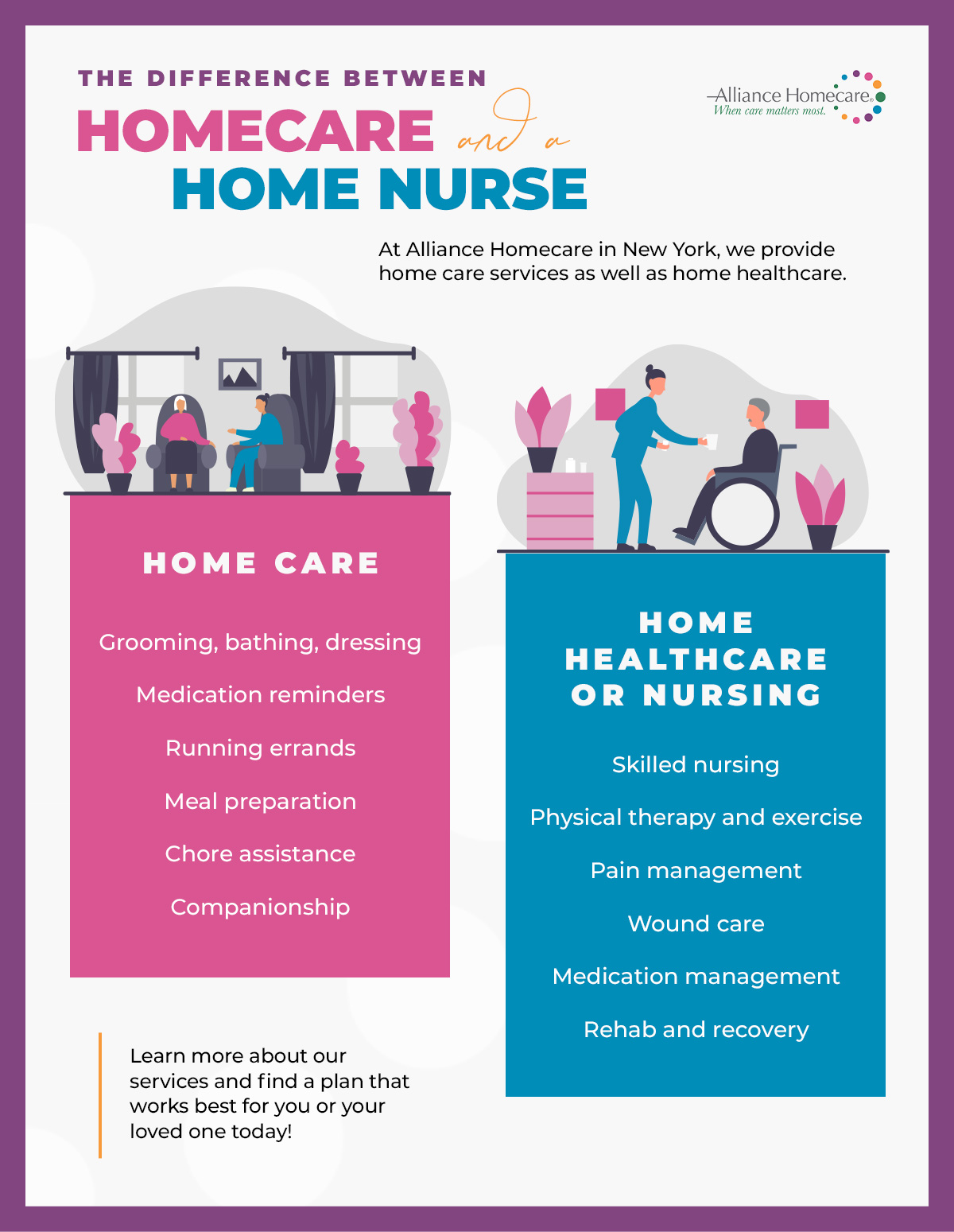Support at home plans: How to align services with your personal NDIS goals
Support at home plans: How to align services with your personal NDIS goals
Blog Article
All Regarding Home Care Services for Individuals With Disabilities: NDIS Registered Support
Home treatment services under the NDIS play a pivotal function in sustaining individuals with handicaps. These solutions are developed to improve everyday living via customized support, ranging from personal like movement support. Understanding how to navigate these options can be complicated. This introduction checks out the numerous elements of NDIS home care, from offered solutions to the choice of service providers, highlighting essential factors to consider for those looking for assistance. The trip toward empowered care begins below.
Understanding the NDIS and Its Purpose
The National Impairment Insurance Policy System (NDIS) functions as a transformative framework developed to supply assistance and solutions for people with impairments. Developed to enhance the lifestyle and guarantee equitable accessibility to necessary sources, the NDIS empowers individuals by offering customized strategies customized to their distinct demands. It aims to cultivate self-reliance, allowing people to seek their personal objectives and aspirations.Through a structured technique, the NDIS allocates funding for various assistances, including education and learning, employment aid, and neighborhood participation. This comprehensive system not only concentrates on prompt treatment however also emphasizes lasting developmental outcomes. By promoting selection and control, the NDIS urges individuals to select their favored provider, ensuring that care straightens with their choices and values. Inevitably, the NDIS represents a considerable commitment to enhancing the lives of individuals with disabilities, fostering inclusivity, and constructing a more encouraging society.
Kinds Of Home Treatment Provider Available
Numerous sorts of home care solutions provide to individuals with specials needs, mainly concentrating on individual treatment help and respite care options. Individual care support offers essential assistance with day-to-day tasks, while break treatment supplies short-term alleviation for key caretakers. Understanding these services is crucial for guaranteeing the health of both people with specials needs and their family members.
Personal Treatment Support
While navigating every day life can present difficulties for individuals with disabilities, personal care assistance uses vital support tailored to their one-of-a-kind requirements. This kind of home care service includes a variety of activities created to promote self-reliance and enhance quality of life. Individual care aides assist with everyday tasks such as bathing, dressing, brushing, and toileting, ensuring people maintain individual health and comfort. They might likewise aid with dish preparation, medicine administration, and flexibility support. By giving individualized care, these experts empower people to engage even more fully in their daily routines and social activities. In general, individual treatment aid plays a significant function in fostering self-respect and autonomy for those with disabilities, enabling them to flourish in their home atmosphere.

Break Care Options
Reprieve treatment functions as an important resource for families and caregivers of individuals with disabilities, providing short-lived relief from the demands of daily caregiving. This kind of solution can take various kinds, including in-home respite care, where experienced specialists see the home to help with treatment jobs. Additionally, family members might decide for facility-based respite care, where people get treatment in a customized atmosphere, enabling caregivers to relax. Additionally, some organizations offer emergency situation reprieve solutions for unpredicted scenarios. These alternatives not only aid ease caretaker stress and anxiety but additionally promote the well-being of people with specials needs by offering them new experiences and social interaction. In general, respite care plays an important function in supporting both caregivers and those they look after.

Just How to Access NDIS Home Treatment Services
Accessing NDIS home care solutions includes understanding the eligibility criteria set forth by the National Special Needs Insurance Coverage System. People need to navigate an organized application procedure to protect the essential support tailored to their needs. This section will make clear both the qualification requirements and the actions associated with making an application for services.
Eligibility Criteria Explained
To qualify for NDIS home care solutions, individuals have to fulfill particular qualification requirements that evaluate their demands and circumstances. Initially, applicants should be aged between 7 and 65 years and have a considerable and permanent handicap that affects their capability to execute daily tasks. Furthermore, they should be an Australian resident, an irreversible local, or hold a Protected Special Group Visa. The NDIS requires proof of the impairment, normally with clinical analyses or records. Furthermore, individuals must demonstrate that they require support to take part in social and financial life. These standards ensure that solutions are routed in the direction of those who truly require aid, promoting independence and enhanced quality of life for people with handicaps.
Application Refine Steps
Can I Select My Own Support Employees With NDIS?
The individual made inquiries whether they can choose their own assistance employees under the NDIS framework. Typically, participants have the adaptability to choose support employees, fostering customized care that aligns with their details requirements and preferences.
What Takes place if My Needs Adjustment After Getting Support?
They need to connect these modifications to their service copyright if a person's requirements adjustment after receiving assistance. Adjustments can be made to the treatment strategy, making certain that the support continues to be reliable and relevant for their conditions.

Are There Restricts on The Amount Of Hours of Care I Can Receive?
The private asked about prospective restrictions on the number of care hours received. Usually, such limitations may exist based upon particular policies or funding plans, stressing the value of evaluating agreements and guidelines routinely.
Can I Make Use Of NDIS Financing for Home Alterations?
The question of using financing for home modifications develops often. Typically, individuals might utilize NDIS funding for essential alterations to their homes, guaranteeing ease of access and safety, section upon meeting specific eligibility criteria and guidelines.
How Do I Manage Complaints About My Home Treatment Services?
To resolve issues regarding home treatment services, individuals need to initially record their problems. They can communicate straight with their service supplier, looking for resolution, or escalate the concern to relevant oversight bodies if needed. Home care services under the NDIS play a pivotal function in sustaining individuals with impairments. Various types of home treatment services provide to people with handicaps, mainly concentrating on individual care help and respite treatment options. support at home. Personal care support provides crucial support with everyday activities, while break treatment offers short-lived relief for key caretakers. Family members might choose for facility-based break care, where people get care in a specialized environment, permitting caregivers to take a break. How can households successfully handle the financial facets of home care services for individuals with disabilities?
Report this page